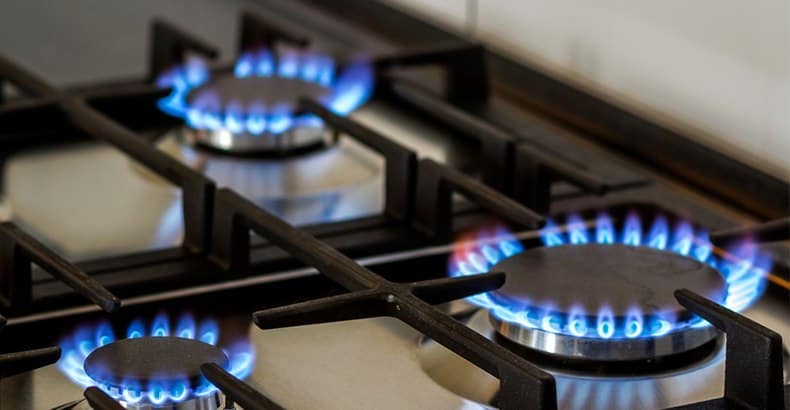Every household needs energy to power home appliances, devices, and equipment. In modern homes, around half of this energy goes to air conditioning and heating. Electricity and fuel are the energy sources most commonly used. Fuel includes fuel oil, natural gas, and liquefied petroleum (LPG).
Natural gas may either be butane, ethane, methane, or propane. Imagine every home using natural gases to power their living. Great caution should be done to properly maintain the gas plumbing network of your home in Sydney. If not, they may pose dangers and risks to your homes. Below are the hazards of a faulty gas line.
Table of Contents
4 Signs of a Faulty Gas Line
Any fault or issue in a household gas line can be very dangerous. That is why it is important to be aware and sensitive of their signs. It can help keep your family safe. Here are some signals to watch out for a faulty gas line.
- If you notice a distinct sulphuric smell around your home, it may be a sign of a faulty gas line. Most people describe it as similar to the smell of rotten eggs. Such as smell can be due to the release of a chemical called “mercaptan.” This sulphur content is added to natural gas to indicate a leak. So, if you notice this smell even if it is fainting, you must immediately call gas plumbing Sydney experts.
- Sometimes, you may see your plants dying. Or the grass in your ground dried out. They can also be a signal of faulty gas lines. Gases that escape out of the gas pipes underground displaces oxygen causing grasses and plants to die. Bubbling in your yard especially after a hard rainfall is a clear sign of a gas leak.
- Appliances, devices, or equipment that are powered by gas in your household may cause knocking noises or sputtering. These could be a sign of gas problems. When one unit is not working well, there is most likely a problem with the said unit. But when most or all of your units are not working, it may also signal a faulty gas line.
- High gas consumption may also be a sign of a faulty gas line. Leaks can result in high gas bills as they eat up gases quickly. The best way to check if there is one is to shut down all the appliances, devices, or equipment that use gas and check if your gas meter is still moving.
Hazards of a Faulty Gas Line
Don’t treat faulty gas lines as jokes. Once you have identified a problem, call gas plumbing in Sydney immediately. Here are the hazards of a faulty gas line.
Environmental Hazards
Faulty gas lines can waste natural energy sources. It reduces the energy sustainability of the environment. At the same time, these gases are harmful to the air and water. Most gas plumbing systems are buried underground. Gas leaks may contaminate the household water system beneath them. Gases that escape the ground and mix with air can also harm the ozone layer. As they deplete the oxygen level, they pollute the air and make it less safe to breathe.
Explosion and Fire Hazards
The most common causes of explosions and fires are faulty gas lines. When the mechanical system of your gas plumbing is at fault, there is a greater risk that it may cause an explosion. Gases that escape are highly combustible and when they come in contact with any spark, chances are it might cause an igniting force that can be damaging. Alternatively, fumes emitted by escaping gas on a pipeline are highly flammable. Candles, matches, and even a light switch can cause them to fire up.
Health Hazards
Most gas leaks posed health hazards to the people around them. They can cause allergies, asthma, burns, nausea, and vomiting. Smelling poisonous gas can also be fatal. Once you inhale gas leak indoors, you will lose oxygen supply in your body which can result in hypoxia.

